The Mother of All CPU Charts 2005/2006
Socket 754 Is Still Around
When testing Socket 754 processors, we opted for the Epox EP-8NPA-SLI.
This was one of the first boards to offer the nForce 4 chipset for this socket.
Board: Epox EP-8NPA-SLI (NVIDIA nForce 4 SLI)
RAM: Single DDR400 (PC3200)
Three different CPU versions were produced for Socket 754 when the Athlon64 was introduced: the original Clawhammer core with 1 MB L2 cache; the same core with a halfway-disabled cache; and the Newcastle with its 512 kB L2 cache and smaller die surface. And starting in 2005, it will be joined by the Sempron with only a 256 kB L2 cache.
All CPUs for Socket 754 only work with a single DDR400 memory interface, which adds up to a maximum memory transfer rate of 3 GB/s. A memory expansion of more than a gigabyte caused frequent problems. The processors work with a 200 MHz Hyper Transport channel, maximum heat loss is 89 watts and clock speeds range from 1.8 GHz to 2.4 GHz. Further increases in speed are not planned for this socket. Available chipsets come from NVIDIA in the form of the nForce 3 150/250, VIA's K8T800, and the 755FX from SIS.
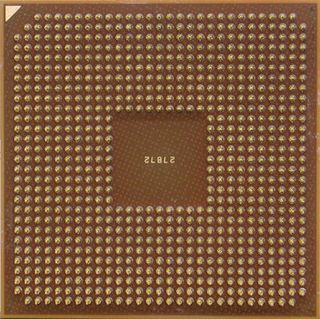
Socket 754 only has a memory interface. This causes problems when expanding memory by a considerable amount.
Stay on the Cutting Edge
Join the experts who read Tom's Hardware for the inside track on enthusiast PC tech news — and have for over 25 years. We'll send breaking news and in-depth reviews of CPUs, GPUs, AI, maker hardware and more straight to your inbox.
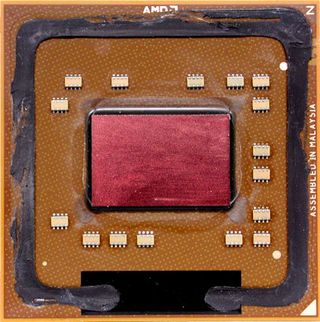
An AMD Athlon64 3400+, open, with a die surface of 17.5 mm x 11.5 mm
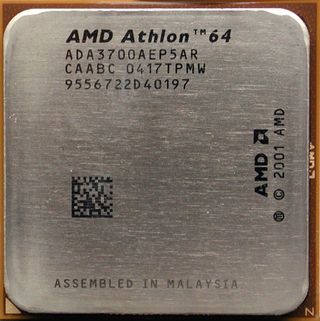
There will be no faster processors than the Athlon 64 3700+ for Socket 754.
Socket 754: AMD Athlon64, Sempron
Board: Asus K8N-E Deluxe (nForce 3 250 GB)
RAM: DDR400 (PC3200)
Asus K8N-E Deluxe with nForce 3 250 GB chipset
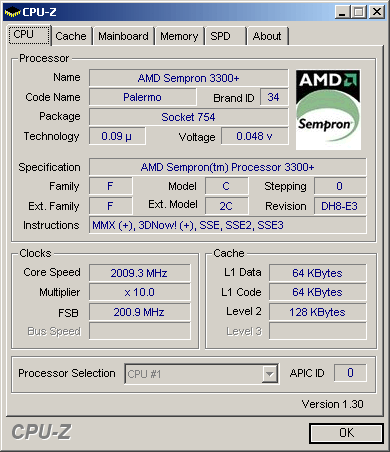
The E3 stepping of the 90nm Sempron is also available for those on a tighter budget. Shown here is the 128 kB version.
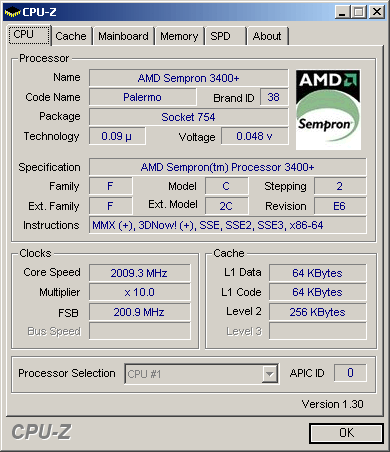
This is the more expensive E6 version of the Sempron. It provides a solid base for scientific applications on a DIY PC with 64-bit technology.
Scrooges will love this processor.
Related articles:
Tom's Hardware's dedicated news crew consists of both freelancers and staff with decades of experience reporting on the latest developments in CPUs, GPUs, super computing, Raspberry Pis and more.
Most Popular


